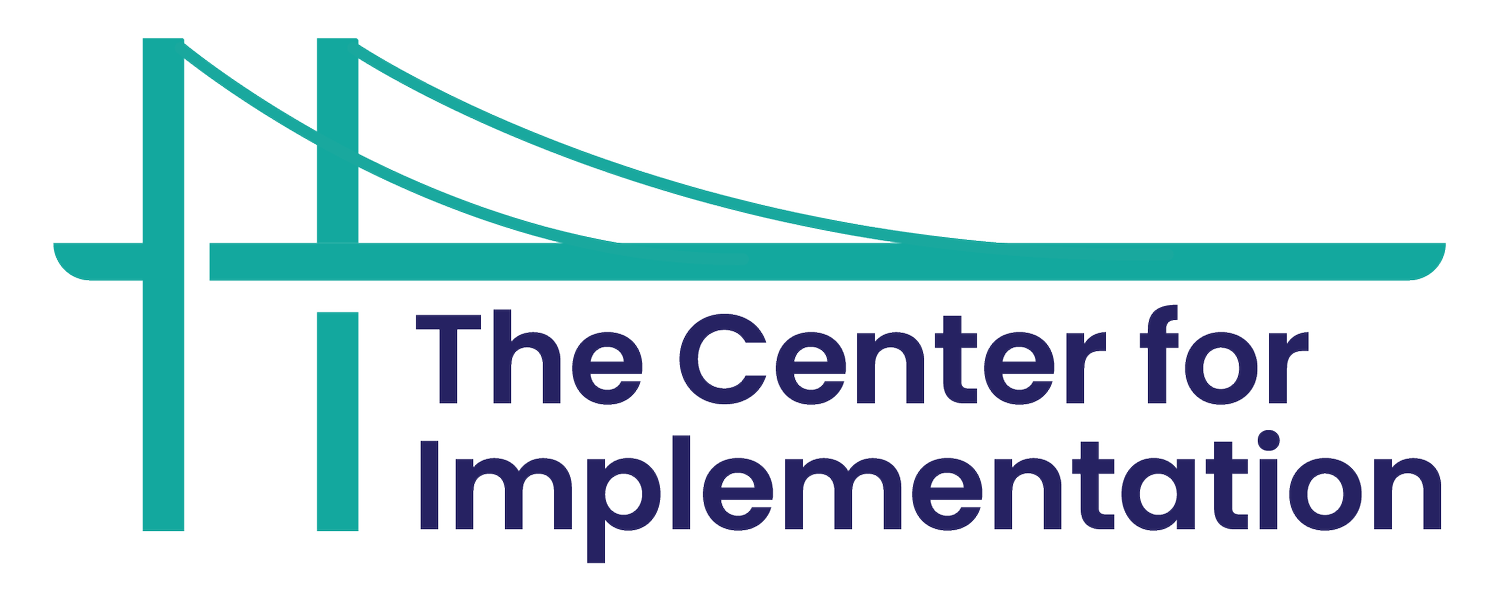Notes From the Field: Context, Authenticity, Conation as Avenues for Navigating Complexity
By Alex Berland, A.Berland Inc.
I am a semi-retired health care manager with my own consulting company. In addition, I have been a community volunteer since my youth, starting numerous non-government organization (NGO) programs, including a nursing college in Bangladesh (1). I am not a theoretician. Although I have studied systems thinking and implementation science, my application has become instinctual, ingrained with operational experience. Here are a few “notes from the field”:
First, let’s link strategy and implementation. Evidence matters, but context rules. When introducing complex change, I iterate between the big picture or ideal goal and as-found operational realities. I call this "strategic opportunism". Back in the last millennium, I accepted a job leading ambitious mental health reforms at the provincial level, then discovered the funding available was about 10% of what government had promised to stakeholders. With that huge budget gap for mental health reforms, opportunism was essential. Nonetheless, we achieved much (2,3) by using complex systems analysis to focus on critical leverage points such as promoting best practices, networking outside the formal service sector and analyzing flows to smooth bottlenecks with scarce capital funds.
Throughout, engaging clients, families, staff, and communities helped achieve buy-in from those directly affected (4). The context was fraught, with high stakeholder expectations and both vulnerable politicians and savvy pressure-groups using “consultation” as a delaying tactic. I alternated between co-creation to clarify priorities (divergent processes) and more narrowly-focused analysis and development (convergent thinking). In some of my “top-down/bottom-up” exchanges, data-saturation developed: hearing the same things repeatedly. This usually occurs five minutes before your co-creationists accuse you of being a stooge and no-one listens because nothing ever changes, etc. That's the time to go convergent and, occasionally, to open authentic “me-you” discussions, promoting mutual respect, acknowledging frustrations, and clarifying roles, goals, and limitations.
Authentic leadership is a key ingredient in that secret sauce, the art of implementation (5). I recently learned a new word for another ingredient, "conation". I would call this "drive". Modelling commitment and effort can motivate others to leave their comfort zone for the mess of the new. During the mental health initiative, saying “Yes” to one thing meant saying “No” to several others, all passionately supported by advocates. How to convince them that they should support the overall change path? Trust was essential, that my objectives were based on fairness, putting patients first, caring for providers. As a manager, I could apply some combination of sticks and carrots. As a consultant and leader of volunteers, however, my interpersonal approach was critical. So much has been written about leadership (6), suffice to say: Without heart, my theoretical knowledge and pragmatic lens only provide perspective, an approach. They will not inspire the driving coalition that can achieve a big goal. Hence conation - sometimes banging your head on the wall can make a hole that others will jump through.
References
Berland A. A "do-it-yourself" approach to international nurse education. American Journal of Nursing (117:10 pp. 56-60, October 2017). https://doi.org/10.1097/01.NAJ.0000525876.89725.10
Berland A. Mental Health Reform: Mission Impossible? Administration and Policy in Mental Health. (30:3, January 2003).
Berland A. Mental Health Reform in British Columbia. Administration and Policy in Mental Health. (29:1, September 2001.)
Berland A. Using the Johari Window to explore patient and provider perspectives. International Journal of Health Governance (22:1 pp.47-51 2016) https://doi.org/10.1108/IJHG-06-2016-0032. Emerald Publishing Outstanding Paper Award 2018.
Best A, Berland A, Greenhalgh T, Bourgeault IL, Saul JE, Barker B, Networks as systems: A case study of the World Health Organisation’s Global Health Workforce Alliance. Journal of Health Organization and Management (2018) https://doi.org/10.1108/JHOM-06-2017-0129. Highly Commended in the 2019 Emerald Literati Awards.
Henry Mintzberg is a favourite https://mintzberg.org Also Hugh MacLeod https://www.cultivateyourleadership.com
This article was featured in our monthly Implementation in Action bulletin! Want to receive our next issue? Subscribe here.
